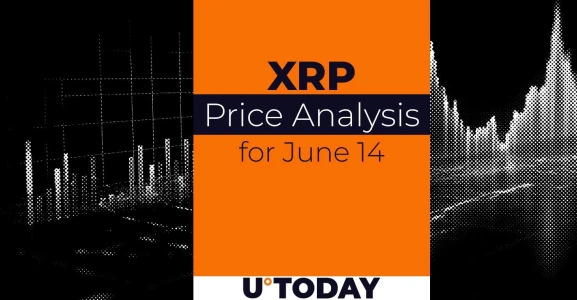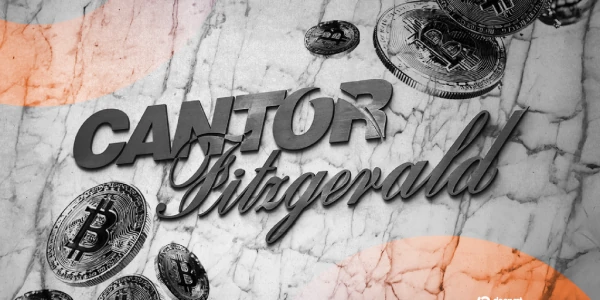
Singapore Financial Watchdog to Ban Overseas Crypto Services Without License
Singapore's financial authority has set a June 30 deadline for crypto firms operating overseas to obtain a license or shut down.[...]
Singapore Cracks Down on Unlicensed Crypto Firms, Tightens Regulations
In a move to combat financial crime risks, the Monetary Authority of Singapore (MAS) has mandated that crypto firms serving Singapore customers from outside the country must obtain a license or shut down by June 30. This policy response follows the full implementation of Section 137 of the Financial Services and Markets Act (FSM Act), which allows the regulator to license Digital Token Service Providers (DTSPs) operating from Singapore, a leading hub for digital asset businesses.
The regulator has made it clear that there will be no transitional arrangement, and firms continuing operations without a license after June 30 will be guilty of an offense and subject to penalties. MAS has urged all affected firms to act immediately, stating that the 4-week notice period provided sufficient lead time.
The decision comes in response to industry feedback on a consultation paper first published in October 2024, which sought views on how to regulate DTSPs that operate cross-border. While most respondents supported licensing such entities, several pushed for exemptions, especially for firms engaged in proprietary trading, OTC services, or those using overseas infrastructure. However, MAS rejected these suggestions, citing the need for technology-neutral, activity-based regulation to close regulatory gaps that could be exploited.
MAS justified its decision by highlighting the heightened "money laundering and terrorism financing risks" associated with the borderless nature of digital token services, as well as the "reputational risks" to Singapore if crypto businesses were allowed to operate internationally without controls simply because they had no domestic footprint.
Firms seeking to operate in Singapore's crypto space will be required to hold at least $185,000 (SGD 250,000) in base capital, re-onboard customers with fresh due diligence, implement the FATF Travel Rule, and comply with stringent technology risk standards. The regulator also warned that individuals working as independent consultants or freelancers for foreign crypto firms may fall under the licensing requirement, depending on the nature of their role and whether they are deemed to be conducting regulated business from Singapore.
As Singapore closes its doors on unlicensed players, other jurisdictions are also stepping up enforcement. Last month, Australia's financial intelligence agency fined Melbourne-based crypto exchange Cointree $75,120 for failing to submit suspicious activity reports within the required timeframe, highlighting the global crackdown on crypto-related financial crimes.
Despite the tightening regulations, the crypto industry in Singapore continues to grow, with MAS issuing 33 digital payment token licenses as of June 2, 2025, including to major players like Coinbase and Anchorage. However, Cumberland SG, the Asia subsidiary of U.S.-based crypto trading firm Cumberland, has received only in-principle approval and is still awaiting a full license.
Most Viewed News








